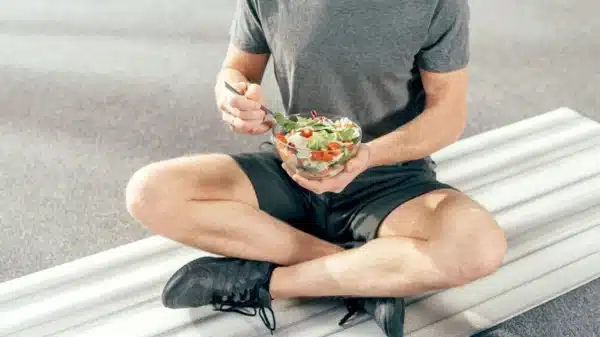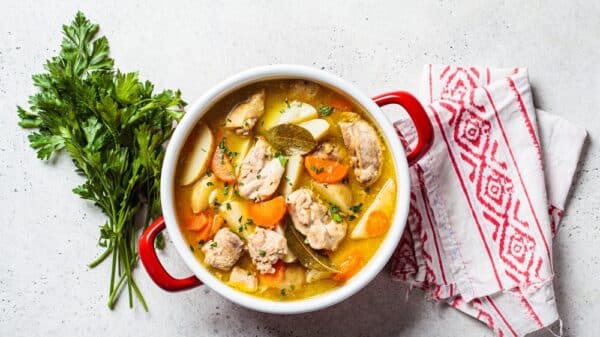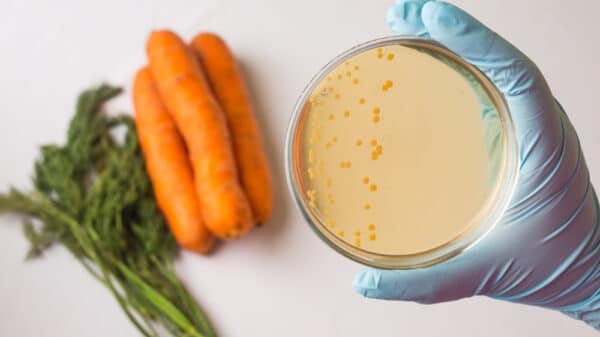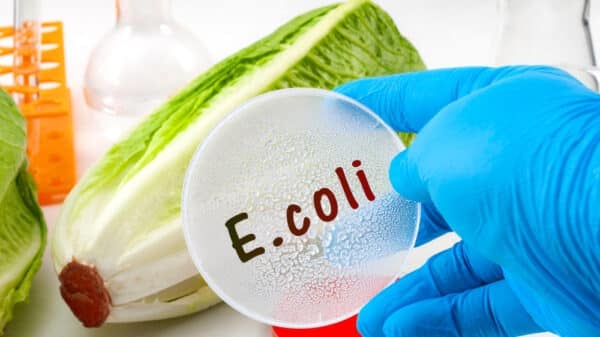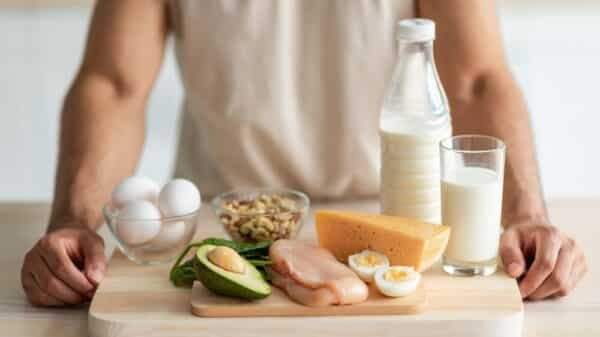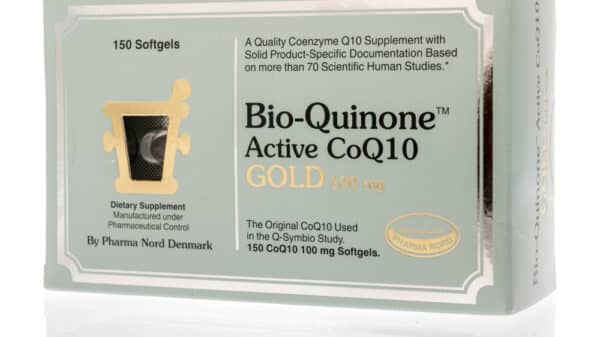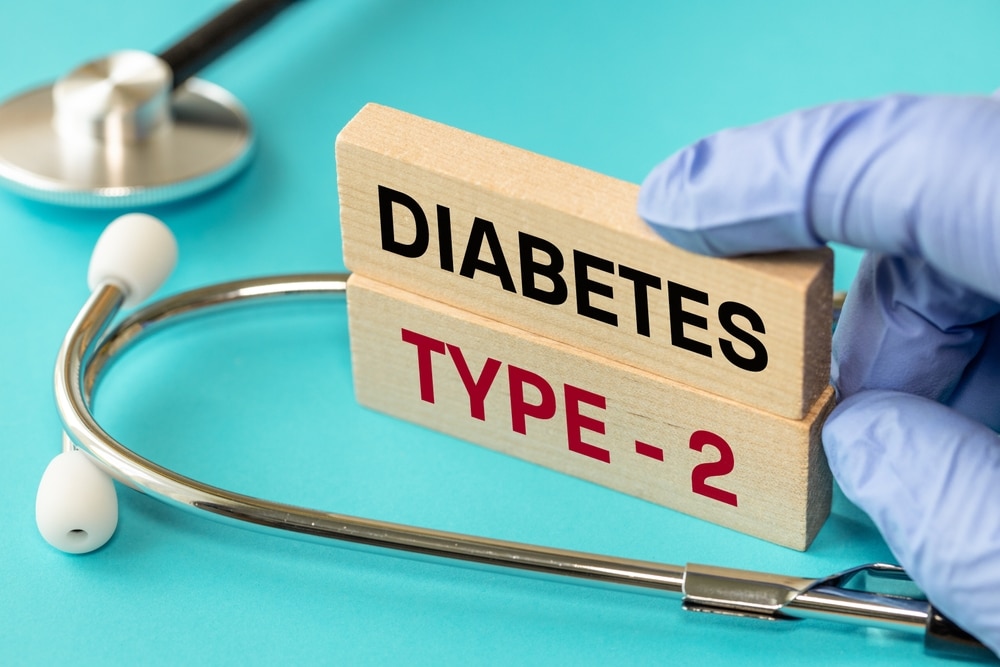A recent study published in *The Lancet Regional Health – Europe* has underscored something that many health professionals have been warning us about: a direct link between the consumption of ultra-processed foods and a higher risk of developing type 2 diabetes. This revelation doesn’t come out of nowhere; it builds on prior research connecting convenience foods—think frozen dinners, potato chips, and sugary sodas—to this chronic illness.
Let’s take a moment to unpack the details of this study. It stands out for its significant scale, encompassing over 300,000 participants monitored over more than ten years. Throughout this long-term study, researchers meticulously examined how the frequency of eating processed foods influenced participants’ chances of developing type 2 diabetes.
The term “ultra-processed” includes foods like salty snacks, processed meats, and sugary drinks—those convenient items that often fill our shopping carts. The findings indicate that making a habit of eating these ultra-processed foods greatly increases the likelihood of facing health issues, particularly type 2 diabetes.
One crucial takeaway from the study is that the more these ultra-processed foods dominate a person’s diet, the greater the risk becomes. Conversely, the researchers highlighted that choosing less-processed options—like fresh fruits, vegetables, or minimally processed foods such as unsweetened yogurt and canned beans—can significantly reduce that risk.
Now, you might be wondering, just how much ultra-processed food is considered “too much”? Alexis Law, a registered dietitian at Top Nutrition Coaching, sheds light on this. She emphasizes that it’s important to consider not just what you’re eating but how often. Ultra-processed foods are usually affordable and easy to access, which can make it tempting to reach for them frequently, potentially leading to overconsumption.
These ultra-processed foods often come laden with higher levels of sugar, salt, and unhealthy fats—ingredients that, while not inherently bad, can become problematic when consumed daily in large quantities. As Law points out, many people unknowingly consume excessive amounts of these ingredients, especially when they crowd out the essential nutrients our bodies need from whole foods.
“If you’re filling up on the wrong types of food and missing out on crucial nutrients, that’s where the issue lies,” she says. Not to mention, if the ready-made meals and snacks you enjoy push your sodium intake over the recommended 2,300 milligrams per day, that’s a sign that it’s time to reevaluate your choices.
So, what if you love those chips and packaged treats? Should you toss them out? The good news is that you don’t have to banish ultra-processed foods from your life entirely. Law emphasizes that it’s perfectly okay to enjoy these foods—as long as you focus on having a well-rounded diet where whole and minimally processed foods take precedence.
“A practical way to eat a balanced diet is to highlight the foods you should consume more often. A snack plate with a mix of ‘fun’ and ‘needed’ foods can work wonders,” Law suggests. For example, if you’re craving some chips, consider adding a side of protein like nuts or cheese, along with fresh vegetables. This approach not only helps with nutrition but keeps you from overindulging on just chips.
It’s important to keep in mind that nutrition doesn’t have to be a black-and-white topic. Abandoning the all-or-nothing mentality can be liberating. This rigid approach can lead to increased cravings and, sometimes, binge-eating.
“Food brings joy into our lives,” Law reminds us. “Cutting certain things out doesn’t guarantee you’re fueling your body right.” Instead of focusing on what you can’t have, consider what you can introduce into your meals.
And here’s a little extra tip: practice mindfulness while enjoying those “fun” foods. Be present and savor them rather than munching mindlessly in front of the TV or while driving. This simple act can elevate your eating experience and enhance your satisfaction.
So, while this study presents a critical warning about the risks associated with ultra-processed foods, remember that balance is key. It’s possible to enjoy your favorites while still catering to your health needs—it’s all about incorporating mindful choices along the way.







